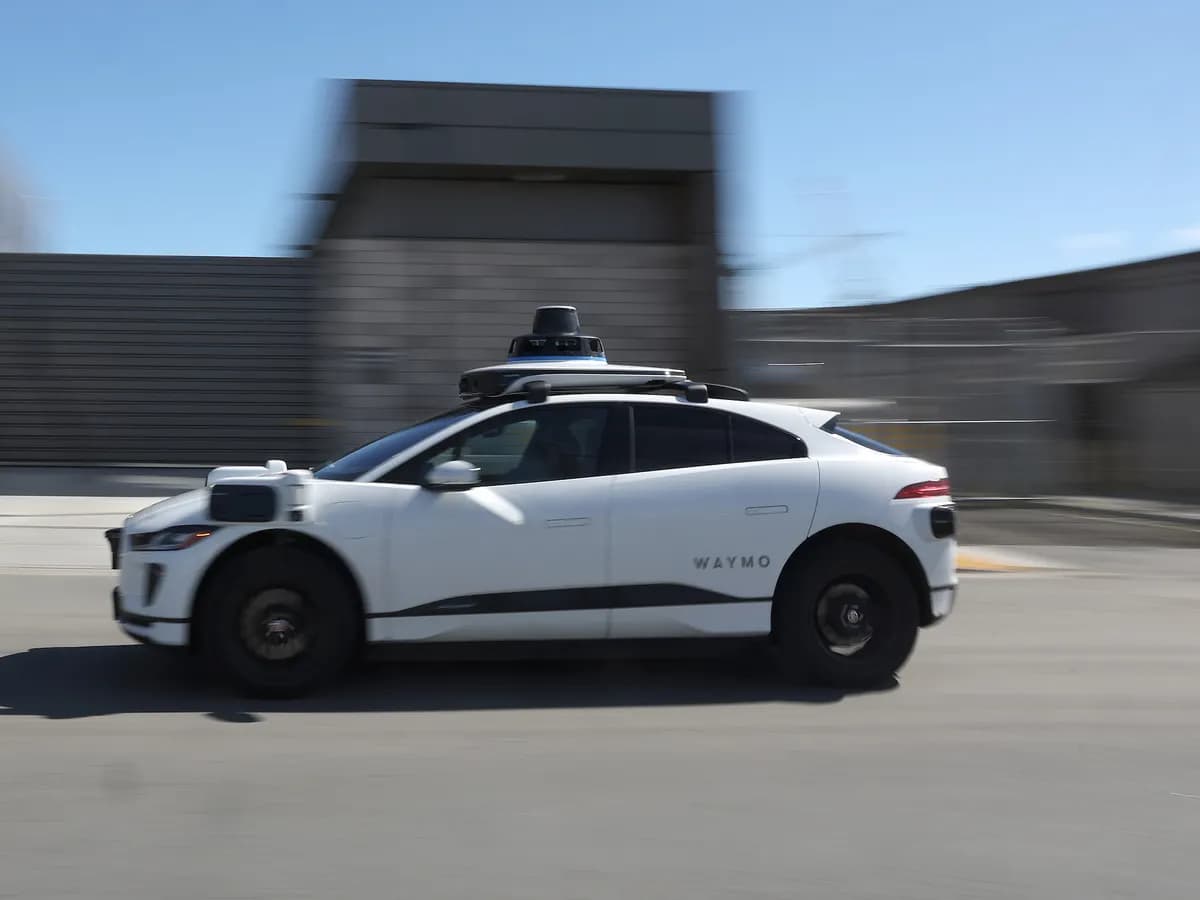Entrepreneur Robyn Unveils Vision for Integrated Autonomous Mobility Ecosystem

Robyn, an entrepreneur, has announced a highly conceptual and ambitious project aimed at revolutionizing autonomous mobility, describing it as "the airbnb of cursor of notion for waymo." This statement, shared via social media, outlines a future where autonomous vehicle services are not only shared but also deeply personalized and interactively managed through a flexible digital interface. The vision suggests a significant departure from current centralized models, proposing a new paradigm for interacting with self-driving technology.
The "Airbnb of Waymo" aspect of Robyn's concept aligns with the burgeoning field of decentralized autonomous vehicle networks (DAVNs). These networks aim to distribute control and decision-making among individual vehicle owners and operators, fostering a peer-to-peer sharing economy for autonomous vehicles. Utilizing technologies such as blockchain, DAVNs could enable secure transactions and verifiable data, facilitating services like ride-sharing or autonomous deliveries without a central intermediary, thereby enhancing efficiency, safety, and accessibility.
Complementing this, the "cursor of Notion for Waymo" component addresses the future of human-vehicle interaction and software architecture. As autonomous vehicle interiors transform into versatile spaces, there is a growing demand for highly customizable and intuitive user experiences. This includes multi-sensory interfaces, AI-powered assistants, and contextual ecosystems that seamlessly integrate with a user's digital life, allowing for precise control and adaptable functionality within the autonomous environment.
Achieving such a flexible and responsive user experience necessitates highly modular and scalable software. Modern autonomous vehicle platforms, like those from NVIDIA and OpenDLV, emphasize decoupling software from hardware to allow for continuous over-the-air updates, feature enhancements, and deep customization throughout a vehicle's lifespan. This architectural approach is crucial for building systems that can adapt to evolving user needs and technological advancements, mirroring the adaptable workspace concept found in productivity tools like Notion.
Robyn's conceptual announcement, while abstract, encapsulates a forward-thinking integration of the sharing economy with advanced, user-centric autonomous vehicle technology. It highlights a potential future where mobility is not just autonomous but also democratized, highly personalized, and interactively managed, pushing the boundaries of current autonomous driving development.